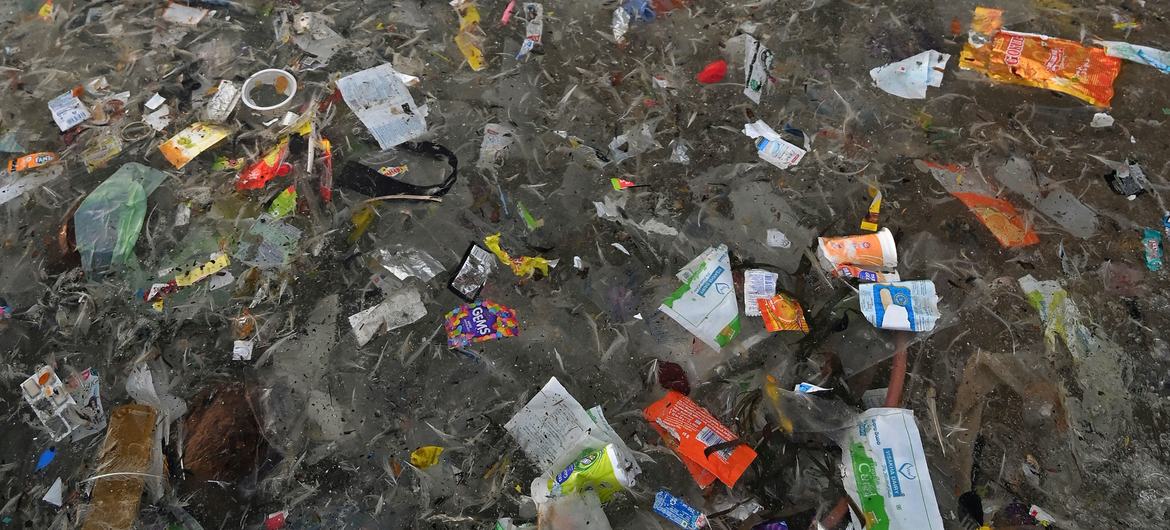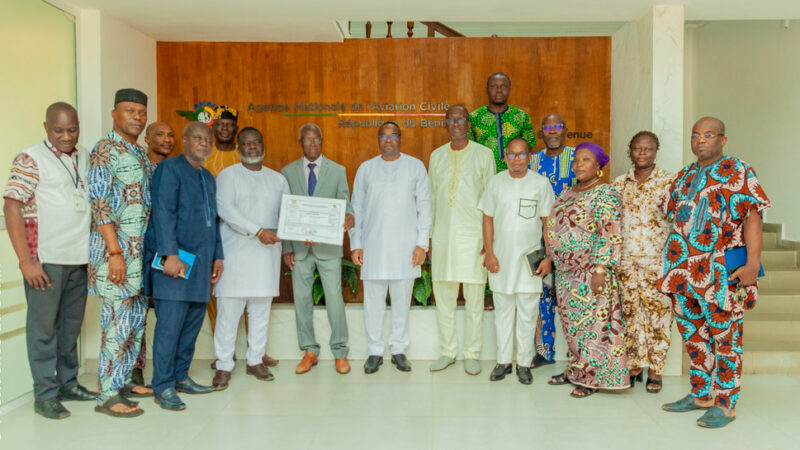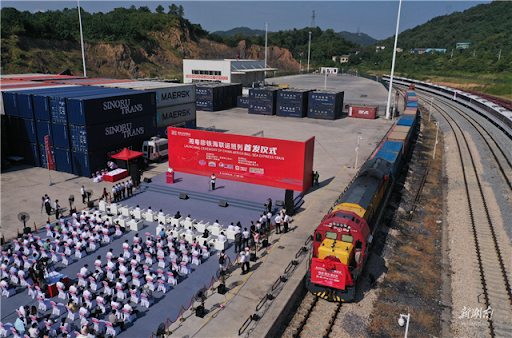Trade Is Key to Ending Plastic Pollution

Trade must be part of the solution to end plastic pollution — a global problem that disproportionately affects developing countries, according to the United Nations.
This assessment by UNCTAD, the UN agency for trade and development, was published Thursday ahead of the final round of negotiations to craft an international legally binding instrument against plastic pollution.
“Although plastics are directly linked to the triple planetary crisis — pollution, biodiversity loss, and climate change — there is still no comprehensive international treaty governing their composition, design, production, trade, and disposal,” UNCTAD noted.
Ocean Pollution
In 2023, global plastic production reached 436 million tonnes, with a trade value exceeding $1.1 trillion. Plastics also accounted for 5% of total merchandise trade.
However, 75% of all plastics produced have become waste, most of which has ended up in the planet’s oceans and ecosystems.
This pollution also threatens food systems and human well-being, particularly in small island and coastal developing states with limited capacity to adapt.
Support for Substitutes
UNCTAD advocates tariff and non-tariff measures to support environmentally sustainable alternatives to plastic — often made from natural sources such as minerals, plants, or animals — that can be recycled or composted.
The global trade in such substitutes reached $485 billion in 2023, with an annual growth rate of 5.6% in developing economies.
Scaling up these exchanges will require action to address challenges related to tariff and non-tariff measures, limited market access, and weak regulatory incentives.
Tariff Disparities
UNCTAD explains that a reduction in tariffs on plastic and rubber products over the past 30 years — from 34% to 7.2% — has made them “artificially cheap.” Meanwhile, alternatives such as paper, bamboo, natural fibers, and seaweed face average tariffs of 14.4%.
“These disparities in material treatment discourage investment in alternative products and hinder innovation in developing countries seeking to export safer and more sustainable alternatives to fossil fuel–based plastics,” the report states.
Currently, 98% of plastics are derived from fossil fuels, meaning emissions and environmental damage are expected to increase if no action is taken. In response, many countries are resorting to non-tariff measures such as bans, labeling requirements, and product standards.
However, these regulations vary, resulting in fragmentation and higher compliance costs. Moreover, small businesses and low-income exporters face redundant or inconsistent requirements, undermining their ability to engage in and benefit from sustainable trade.
Hope for Treaty Negotiations
For UNCTAD, the ongoing negotiations for a treaty on plastic pollution are promising. They began in 2022, with the final round scheduled next week at the United Nations in Geneva.
The treaty would cover the entire plastics lifecycle — production, consumption, and waste — within a fair and comprehensive framework.
UNCTAD believes an effective treaty should include tariff and non-tariff measures to support sustainable plastic substitutes, investment in waste management and circular infrastructure, digital tools for traceability and customs compliance, and policy coherence between frameworks established by the World Trade Organization (WTO), the UN Climate Secretariat (UNFCCC), the Basel Convention on hazardous waste, and related regional measures.
Source : NATIONS Info





